Is CBD Medicinal Cannabis?
Estimated reading time: 10 minutes
Introduction
You have probably heard a lot about CBD these days. From your neighbour's dogs chew toy infused with CBD, to that trendy latte served at your local coffee joint. However, have you ever paused and wondered, “What exactly is CBD and is it the same as medicinal cannabis?” Let us unravel this mystery together!
CBD Products vs. Medicinal Cannabis: What You Need to Know
The global conversation surrounding cannabis has evolved rapidly over the past few decades. With the increasing legalization and decriminalization efforts around the world, cannabis and its derived products are gaining acceptance in the medical, recreational, and wellness spheres. Amidst this buzz, two terms frequently crop up: CBD products and medicinal cannabis. However, despite the common association, they are not synonymous.
What is CBD?
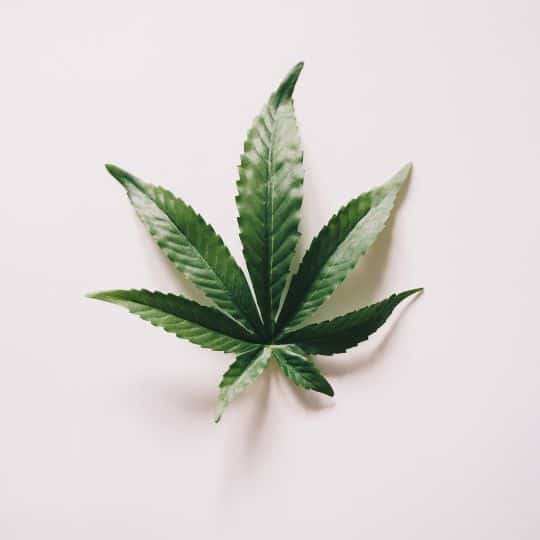
CBD, short for Cannabidiol, is a compound extracted from the Cannabis plant. Now, before you raise your eyebrows, CBD does not give you that ‘high' feeling. That is another component called THC. Confused? Let us dive deeper.
CBD vs. THC: A Friendly Rivalry
Imagine CBD and THC as siblings from the same family, the Cannabis clan. While both come from the same plant, their effects on the body are quite different. Think of it like salt and sugar. Both might look similar but they taste worlds apart. Similarly, while THC is psychoactive (that is what gives the ‘high'), CBD is not.
Sources of CBD & Medicinal Cannabis
CBD products are primarily sourced from Industrial Hemp. Medicinal Cannabis products are sourced from Marijuana. Most commonly by producers who have a medicinal cannabis licence
How does CBD work?
Our body has an endocannabinoid system that interacts with external cannabinoids like CBD. This interaction is the magic behind its potential therapeutic benefits. Imagine our body as a lock and CBD as a key. When they fit, something wonderful happens!
Benefits of CBD
CBD has been studied for various health benefits. From helping with anxiety, inflammation, pain, to even some seizures, the list keeps growing. However, always remember that while CBD might sound like a magic potion, it is not a cure-all.
Is CBD safe?
Generally, CBD is considered safe. But like honey, even if it's sweet, too much isn't always good. It is always wise to consult with a healthcare professional before diving into the world of CBD, especially if you are on other medications.
Medicinal Cannabis: An Overview

Medicinal cannabis encompasses the entire plant, not just CBD. Think of medicinal cannabis as a toolbox, with CBD being just one tool among many. This toolbox is being studied and tapped into for numerous medicinal purposes.
The Legal Maze
Depending on where you are in the world, CBD and cannabis laws can be a tricky maze to navigate. While some places give it a green flag, others might still frown upon its use.
Methods of Consumption
CBD is versatile! From tinctures, oils, edibles, to creams, there is a method out there to suit everyone. Have you ever thought about drizzling CBD-infused oil on your salad? Delish and beneficial!
Why the Hype?
In today's world, where everyone is seeking natural remedies, CBD fits right in like the missing piece of a puzzle. With its potential benefits and the ongoing research, it is no wonder CBD is the talk of the town!
Read about Celebrity endorsed CBD brands here
What is medicinal cannabis mostly used for?
Medicinal cannabis, also known as medical marijuana, refers to the use of the cannabis plant and its constituent cannabinoids to treat specific health conditions or to alleviate symptoms. Over the years, research has highlighted several potential therapeutic uses for medicinal cannabis. Here are some of the most common indications:

Chronic Pain
Conditions such as neuropathy, arthritis, migraines, and spinal cord injuries have been reported to benefit from it.
Multiple Sclerosis (MS)
Spasticity, which refers to muscle stiffness and spasms, commonly occurs in MS. Some patients have reported experiencing reduced symptoms when they use medicinal cannabis.
More about CBD and Multiple Sclerosis here
Epilepsy
Especially in treatment-resistant forms of epilepsy, like Dravet syndrome and Lennox-Gastaut syndrome, certain forms of cannabis, particularly those high in CBD (cannabidiol), have shown efficacy in reducing seizure frequency.
Chemotherapy-induced Nausea and Vomiting
Many cancer patients undergoing chemotherapy have reported that cannabis can help manage nausea and vomiting, side effects commonly associated with the treatment.
Appetite Stimulation
People with certain conditions, such as HIV/AIDS and some forms of cancer, might experience weight loss and decreased appetite. Medicinal cannabis can help stimulate appetite in these patients.
Glaucoma
There is some evidence suggesting that cannabis can reduce intraocular pressure, a major factor in glaucoma.But, because the effect lasts only for a short time, it is not the main treatment for this condition.
Mental Health Conditions
Some individuals use medicinal cannabis for mental health conditions like anxiety, PTSD (post-traumatic stress disorder), and depression. However, it is essential to note that while some find relief, others might experience heightened anxiety or paranoia with cannabis use.
Inflammatory Bowel Diseases
Some patients with Crohn's disease or ulcerative colitis have reported symptom relief after using medicinal cannabis, potentially due to its anti-inflammatory properties.
Parkinson's disease
Some studies and anecdotal reports suggest that medicinal cannabis can help manage tremors, sleep disturbances, and pain associated with Parkinson's disease.
Alzheimer's disease
Preliminary research suggests that cannabis might help in managing behavioural symptoms of Alzheimer's, such as agitation and aggression.
It is crucial to understand that while medicinal cannabis can offer relief for some individuals, it is not a one-size-fits-all remedy. The efficacy can vary depending on the condition, the individual's physiology, and the specific strain or formulation of cannabis used. Always consult with a healthcare professional before starting any treatment, including medicinal cannabis.
CBD and Cannabis
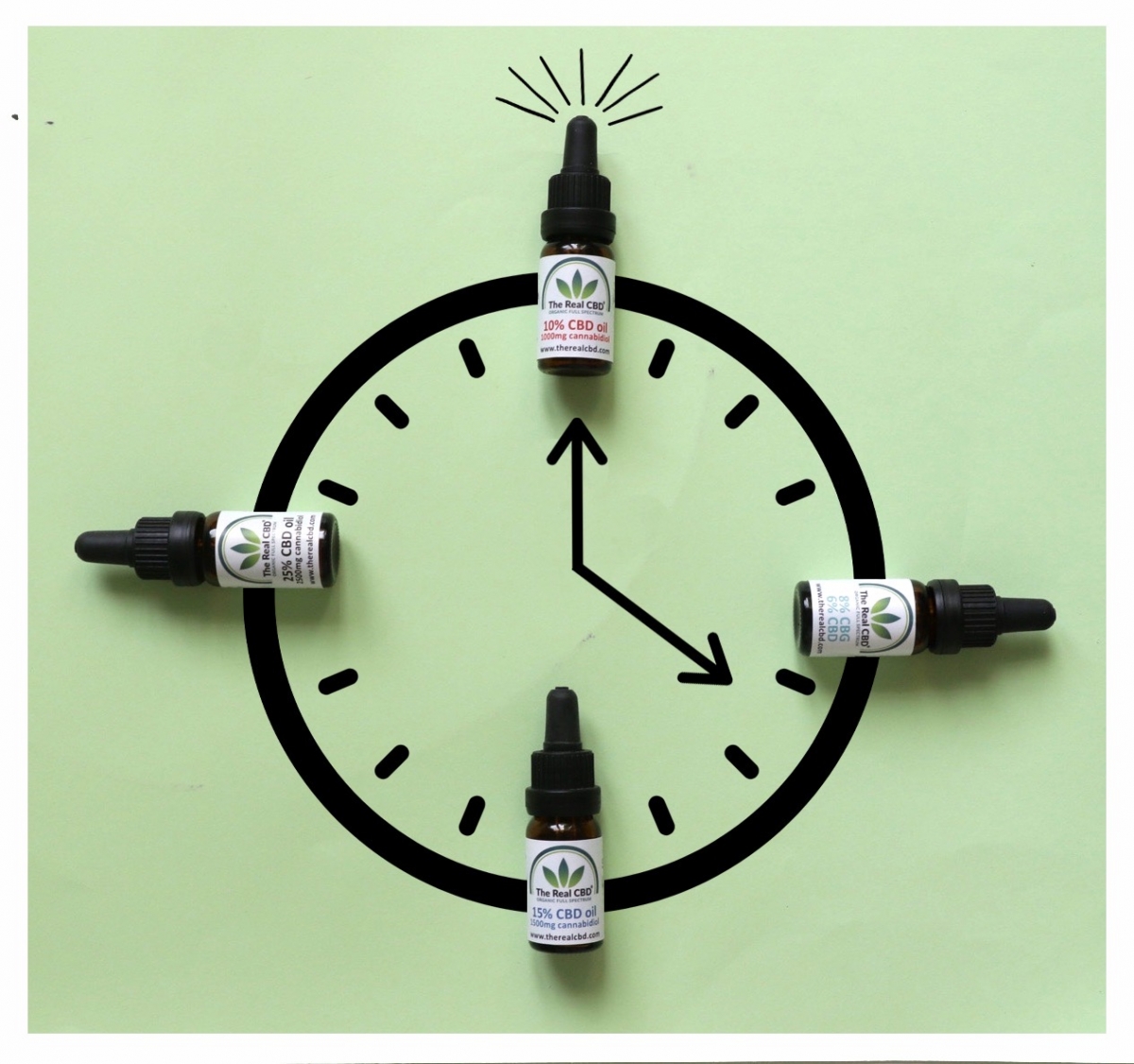
At the heart of the matter, it's essential to understand what CBD (Cannabidiol) and cannabis are. Cannabis is a broad term that refers to the plant species that include both marijuana and hemp. The plants produce a range of chemicals, the most famous being THC (tetrahydrocannabinol) and CBD. THC is primarily responsible for the psychoactive effects or the “high” associated with marijuana.
This non-intoxicating compound is present in both marijuana and hemp plants, and it has gained popularity because of the potential therapeutic benefits it provides without causing mind-altering experiences.
Source and Composition:
- CBD Products: Most commercial CBD products are derived from the hemp plant. Hemp contains a higher concentration of CBD and a minimal amount of THC. This low THC content means that hemp-derived CBD products will not cause any intoxicating effects.
- Medicinal Cannabis: It is primarily obtained from the marijuana plant. Marijuana contains a higher concentration of THC compared to CBD. Medicinal cannabis preparations can have varying ratios of CBD to THC, depending on the intended therapeutic purpose.
Legal Distinctions:
The legal status of CBD products and medicinal cannabis varies worldwide, often influenced by their source and THC content.
- CBD Products: Hemp-derived CBD products with less than 0.2% THC are federally legal in many countries, including the U.S. However, some states and countries may have stricter regulations.
- Medicinal Cannabis: Its legality largely depends on the jurisdiction. In places where it is legal, patients typically require a prescription or a medical card. These are intended for specific medical conditions and are not available for general or recreational use.
Uses and Benefits:
- CBD Products: CBD is researched for its potential role in easing symptoms of various conditions, including anxiety, depression, acne, and heart diseases. Investigated for its potential anti-inflammatory and pain-relieving properties. Many people use CBD products like oils, tinctures, and creams for wellness and relaxation purposes.
- Medicinal Cannabis: It is prescribed for a range of medical conditions, including chronic pain, glaucoma, and spasticity related to multiple sclerosis. The THC in medicinal cannabis can help with pain relief, appetite stimulation, and nausea reduction, especially in chemotherapy patients.

Side Effects:
- CBD Products: Generally considered safe, CBD might cause side effects like diarrhoea, fatigue, and changes in appetite or weight in some individuals.
- Medicinal Cannabis: Due to the presence of THC, it can lead to side effects such as dizziness, dry mouth, increased heart rate, and cognitive impairment. Long-term use can also lead to dependency and withdrawal symptoms.
Drug Interactions:
Both CBD and THC can interact with other medications. It is essential to consult with a healthcare professional before incorporating them into your regimen, especially if you are on other medications.
Consumption Methods
- CBD Products: Available in various forms, including oils, tinctures, edibles, capsules, balms, and vapes.
- Medicinal Cannabis: Consumed in multiple ways – smoking, vaping, edibles, oils, and tinctures.
CBD in Modern Medicine

Today, many healthcare professionals are looking at CBD as a potential supplement or even treatment for various conditions. It is like the underdog making its mark in the big leagues!
Myths & Misunderstandings
With popularity comes misconceptions. Some think CBD is just a trend, while others mistake it for being ‘just about the high'. Unravelling these myths is crucial for a clearer understanding.
How to Choose Quality CBD
If you are venturing into the world of CBD, knowing how to pick the right product is like finding the perfect coffee beans for your morning brew. Look for transparency, quality assurance, and trusted reviews. Read more about The Real CBD here
More about CBD
In Conclusion
So, to answer the relevant question: “Is CBD medicinal cannabis?” In a way, yes. CBD is a component of the cannabis plant with potential therapeutic benefits. Nevertheless, remember, while it is a part of medicinal cannabis, it is just one piece of a much larger puzzle.
FAQs
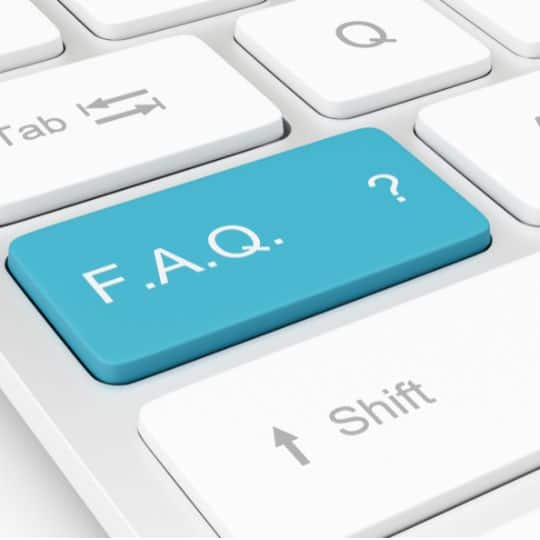
No, CBD is a compound found in the cannabis plant, while marijuana refers to the entire plant, especially those varieties high in THC.
No, CBD is non-psychoactive, meaning it will not give you the ‘high' that THC does.
The legality of CBD varies from country to country and even within states. Always check local regulations before purchasing or consuming.
Always opt for products from reputed companies that offer third-party lab results and have transparent sourcing and manufacturing practices.
Always consult with a healthcare professional before combining CBD with other medications.

I am a certified expert in Medicinal Cannabis. We are all about giving correct and trustworthy information. We know how important it is to learn about CBD and cannabis, which is why we want to be your go-to source for trustworthy information. We help you improve your health by using our knowledge and experience as a starting point.

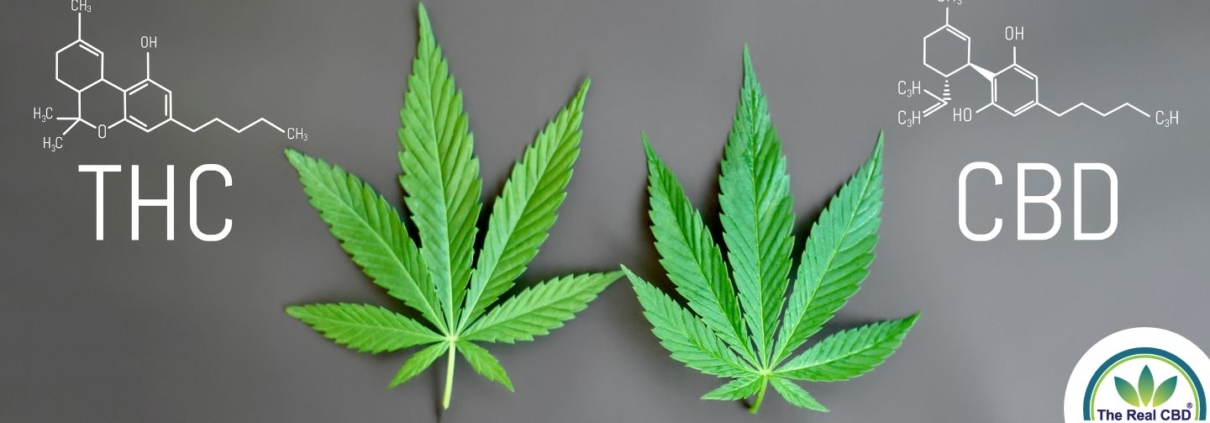
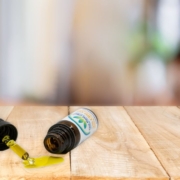
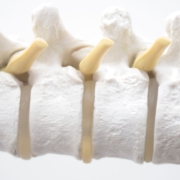
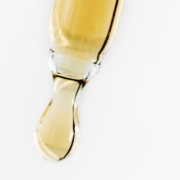

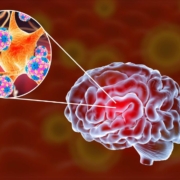







Leave a Reply
Want to join the discussion?Feel free to contribute!